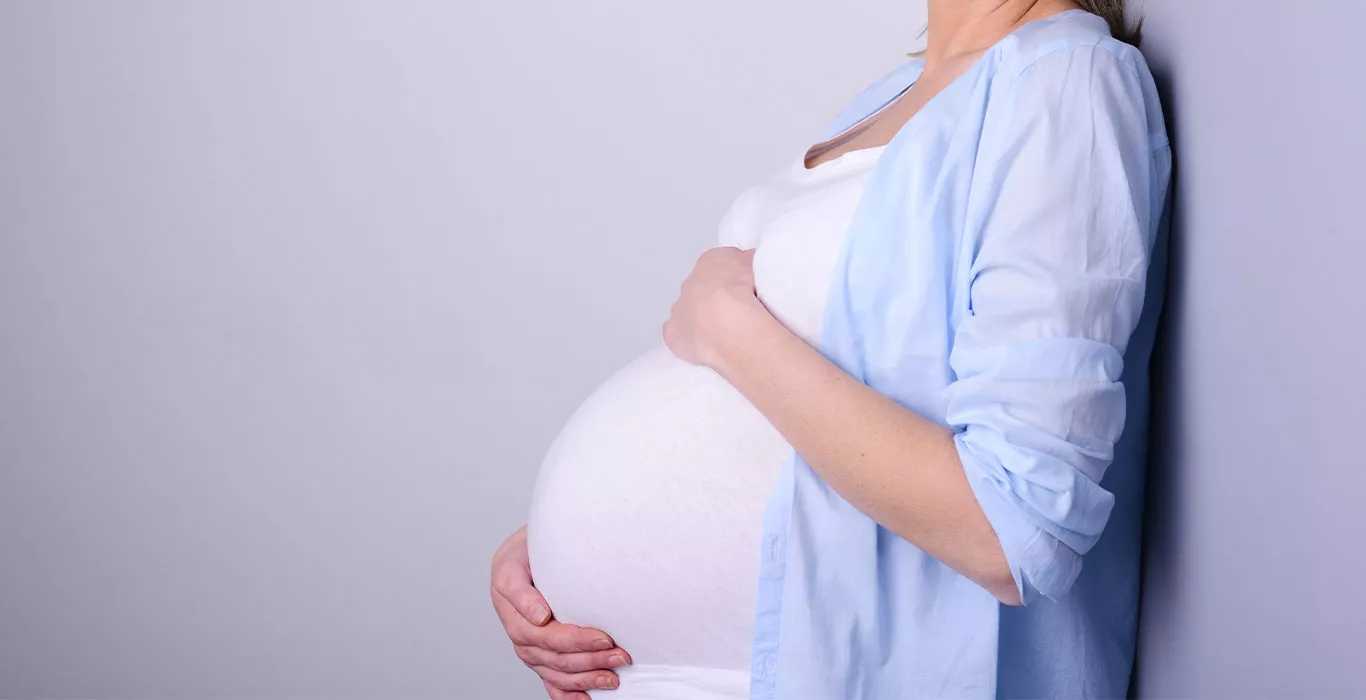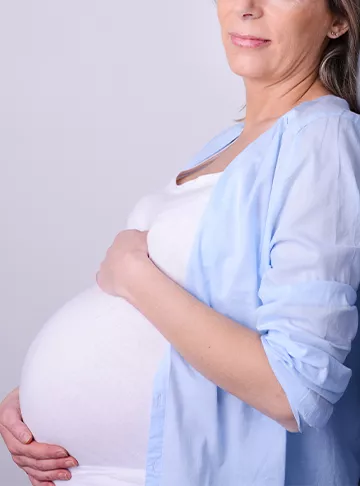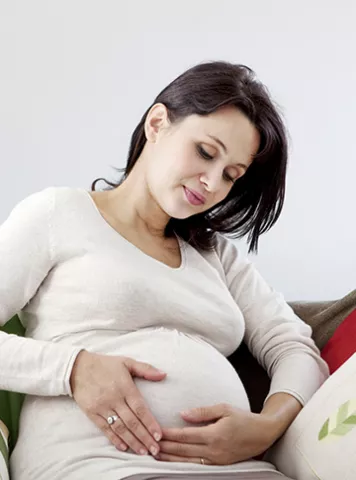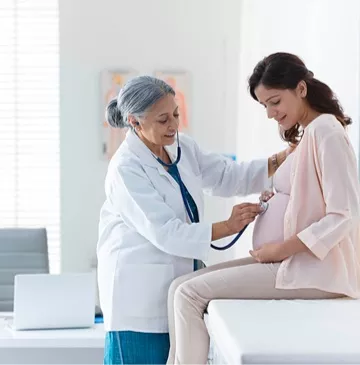Female Reproductive ageing
Due to postponement of child bearing in the 21st century , the rates of sub fertility related to advanced female age have increased considerably. A higher proportion of couple thus depend on ART to achieve pregnancy . The increase in sub fertility with advanced female age is mainly based on diminishing ovarian reserve i.e remaining oocytes in both ovaries at a given age. Decline in follicle numbers dictate the occurrence of irregular cycles and ultimately the cessation of menstrual bleeding i.e menopause. Oocyte quality decay results in decreasing fertility which is defined as capacity to conceive and give birth to child.
Though there is substantial individual variation in the onset of menopause varying between 40 and 60 years with a mean age of 51 years , female fecundity is believed to decrease after the age of 31years , a decrease that may accelerate after 37 years of age leading to sterility at a mean age of 41years.
Decline in Natural and assisted fertility
The average monthly fecundity rate in human species is nearly 20%. With increasing age the fecundity drops. After the of 45 years , if a woman is planning pregnancy, she should discuss beforehand the risks of having complications with the clinicians and having genetic abnormalities with the genetic counsellor. Prenatal tests may be performed after conception to check for certain birth defects like USG , blood tests,Amniocentesis or CVS( Chorionic villus sampling).
Treatment options available
If a woman of 45 years age wishes to bear a child she must seek the help of a fertility expert rightaway.
Several studies show that success rates of treatment with ovulation induction, IUI for females above 40 years are extremely low at less than 1% live birth per cycle. In such females IVF- In Vitro Fertilisation appears to be the best option as it has the highest chances of success. Attempting treatments other than IVF will unnecessarily delay conception and cause anxiety in the couple. Success rate of super ovulation/ IUI above 40 years is <5% per cycle and with IVF is around 20% per cycle.
Proper infertility work up should be done. Ovarian reserve is predicted mostly by the female age followed by USG for AFC, AMH level. On the basis of ovarian reserve testing, the prediction can be made regarding need for IVF with own eggs or with egg donation.
IVF: Involves removing the eggs and fertilising them with the male partner’s sperm in the laboratory and then transferring the resulting embryos to the uterus.
However, even with IVF the chances to conceive is significantly lower at age >40 years and more so >45 years of age especially when a lady is trying to conceive with her own eggs.
In patients >45 years of age , if IVF with her own eggs does not work, women also go for IVF with donor eggs. In OD (Ovum donation )cycle, eggs are retrieved from other lady who is younger (20-30 years of age) and fertilised with partner’s sperm and the resulting embryo is inserted back into the women uterus.
The chances of conception is much higher through IVF with donor eggs. While the donor lady is given hormonal injections for oocyte retrieval, the recipient lady is given hormonal therapy to prepare her uterus to receive fertilised egg i.e embryo.
The extra embryos may be cryopreserved for use in future. The baby born out of IVF with donor egg however will not be genetically related to the mother but only with the father and the donor lady.
Safety
Pregnancy at > 45 years is a High Risk Pregnancy. Cardiologist fitness is inevitably taken before planning ART. Close monitoring is required throughout the pregnancy. Pregnancy may be complicated due to pre-existing health problems. For example thereis a 3 times higher risk of developing hypertension and diabetes in a female > 45 years during the course of her pregnancy.
Older women also have a higher rate of miscarriages, preterm birth and placenta praevia, abruption.There are higher chances of prolonged labor and caesarean section. There is an increased probability of having a baby with congenital abnormalities when a lady uses her own eggs in comparison OD cycles where the age of the egg donor is much lesser.
Oocyte Cryopreservation
If a woman wishes to delay childbearing until 40s she should consider some methods of fertility preservation such as freezing of her eggs for later use. The success of oocyte freezing is well established.
This enables the women to postpone pregnancy to a later date whether for medical reason such as cancer or for social reason such as employment/career.
Several studies have proved that infertility problems are due to germ cell deterioration related to ageing however the uterus remains completely functional in most of the elderly women. So later even at the age of 45 years, a lady can have her biological child.
Conclusion:
Thus in today’s era with great strides made in the field of IVF, there are very good chances for a 45 year old female to achieve pregnancy and enjoy parenthood.
Articles
2023
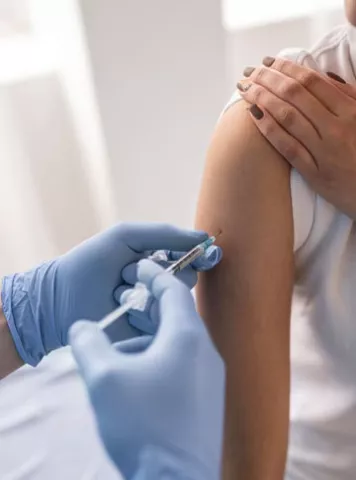

World AIDS Vaccine Day 2023: Can HIV & AIDS affect fertility or your infant’s health?
World AIDS Vaccine Day is observed every year on the 18th of May to create awa...
2023


Male Infertility Infertility Tips
Hyperspermia: Causes, Symptoms, Diagnosis & Treatment
What is Hyperspermia? Hyperspermia is a condition where an individual produ...
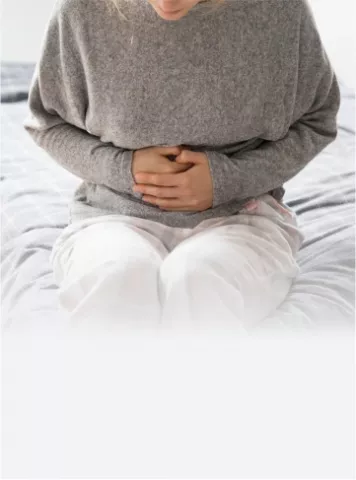

Guide to infertility treatments Infertility Tips
पीआईडी: पेल्विक इनफ्लैमेटरी डिजीज और निःसंतानता
पीआईडी - पेल्विक इनफ्लैमेटरी �...
2022
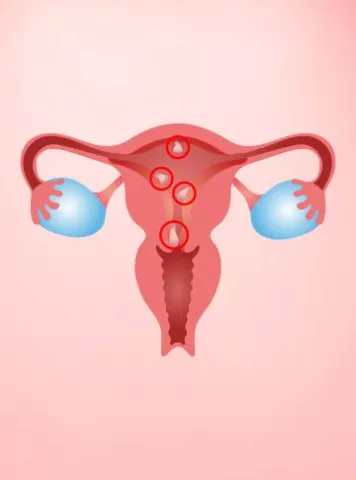

Infertility Tips Uterine Fibroids
Endometrial Polyps (Uterine Polyps)
What are Endometrial Polyps (Uterine Polyps)? Endometrial polyps, often ref...
2022


Female Infertility Infertility Tips
Why do You Need Fertility Treatment
As we all know infertility rate is constantly rising in our society day by day...
2022


Cesarean Section Vs Natural Birth
Surrogacy centers in Delhi and Infertility centers in Pune state that there ar...
2022


ನಿಮಗೆ ಹುಟ್ಟಲಿರುವ ಮಗುವನ್ನು ಅರ್ಥಮಾಡಿಕೊಳ್ಳುವುದು: ಗರ್ಭದಲ್ಲಿ ಮಗು ಹೇಗೆ ಬೆಳೆಯುತ್ತದೆ!
ವೀರ್ಯವು ಮೊಟ್ಟೆಯನ್ನು ಭೇಟಿಮಾಡ�...
2022


Diet Chart for Pregnant Women: The Right Food for Moms-To-Be
Pregnancy Food Chart 1. The daily diet must include the right amount of pro...
2022
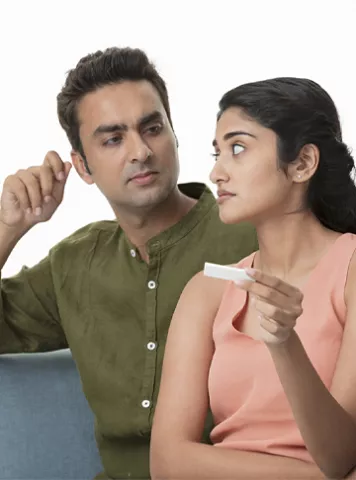

Can i become pregnant while my tubes are tied?
Pregnancy is one of the most important phases in women’s life and is conside...
Pregnancy Calculator Tools for Confident and Stress-Free Pregnancy Planning
Get quick understanding of your fertility cycle and accordingly make a schedule to track it

